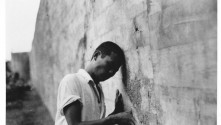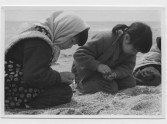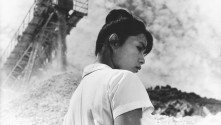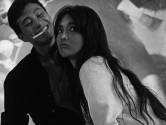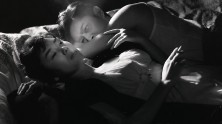
Bad Boys
(Furyo shonen)
With Yukio Yamada, Hirokazu Yoshitake, Koichiro Yamazaki .
Japan, 1961, 35mm, black & white, 89 min.
Japanese with English subtitles.
Print source: HFA
As a complement to The Other New Wave program, we will screen three films by the influential yet still underappreciated filmmaker Susumu Hani (b. 1928), one of the key figures of the postwar reinvigoration of Japanese cinema, showcasing Hani’s radical documentary approach to filmmaking as well as his deep fascination with children and the emergent and increasingly radicalized youth seeking to transform their society.
Inspired by Children Who Draw (1955), Hani turned once again to the subject of the Japanese school for his break-through feature, a radical fusion of documentary and narrative cinema that created nothing less than a sensation when it was released in Japan. Working closely with a group of ex-reform school students, Hani directly channeled their own life experiences and voices into Bad Boys, only loosely adhering to his screenplay (adapted from an anthology of writings by "reformed" youth), with much of the dialogue and action improvised by the boys on set. More than simply an indictment of the Japanese reform school system, the cruelty and harsh violence of the boys revealed, in Hani's words, a "totalitarian spirit" still lingering in the postwar era. Although Bad Boys was originally produced by Daei, the studio dropped the film during post-production, fearing that it was too "revolutionary" in style and subject.
While Toru Takemitsu composed the film's haunting and melancholy score, the almost entirely hand-held cinema verité camerawork was by Noriaki Tsuchimoto, who would later become a celebrated documentarian, best known for his series of films about the tragic mass mercury poisoning in Japan's Minamata Bay region.

